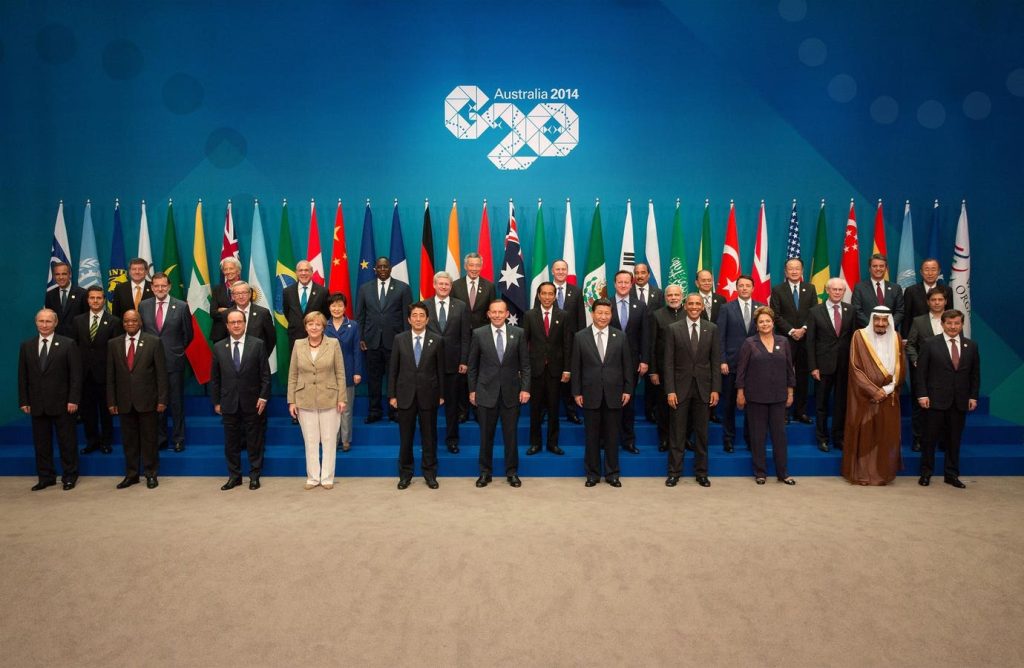The Looming Battle Over Digital Taxes: Regional Solidarity Against US Protectionism
The global digital economy stands at a precipice. As protectionist sentiments gain traction, particularly with the incoming Trump administration, countries face a critical juncture in their pursuit of digital service taxes (DSTs). These taxes, designed to ensure that tech giants contribute their fair share to the economies where they profit, have become a major point of contention, especially with the United States. The US has consistently viewed DSTs as discriminatory attacks against its tech companies, countering with threats of trade retaliation. The question now isn’t whether countries will implement DSTs – many already have – but whether they can withstand the potential economic and political consequences of acting alone.
The key to navigating this turbulent landscape lies not in isolated, fragmented DST policies, but in forging regional alliances and aligning with developing nations to present a united front for fair digital taxation. This collective action can either compel the US to engage constructively in multilateral negotiations, particularly regarding Pillar One of the OECD’s global tax reform framework, or force it to confront a powerful global coalition. Historically, the US has used its economic leverage to dissuade smaller nations from implementing DSTs, threatening trade sanctions and retaliatory measures. The resurgence of an "America First" economic policy presents a stark choice for countries: implement DSTs and risk economic backlash, or capitulate and allow US tech firms to continue reaping disproportionate profits from their markets. Unilateral action in this context is not only risky but economically unsustainable.
The core issue at stake transcends mere tax policy; it’s about whether nations can collectively ensure that the digital economy benefits all, not just a select few. Regional cooperation offers a crucial path forward. A fragmented approach makes countries easy targets for retaliation. A unified European Union policy, for example, would distribute the risk of US backlash among member states, demonstrating a collective resolve that amplifies their bargaining power. Such coordination would enhance the EU’s global credibility, signaling its commitment to addressing tax inequities in the digital economy. The choice becomes clear: either a multilateral framework like Pillar One must be implemented, or regional blocs, like the EU, must push forward with policies that force major players to acknowledge the global demand for fairness. The most effective way to achieve the former might be to utilize the latter as leverage – individual DSTs can be suppressed with tariffs, but a widespread regional DST demands a different response.
Time is critical. Further delays will solidify the current impasse, characterized by stalled negotiations, policy stagnation, and persistent inequities in the global economy. To bolster the argument for equitable digital taxation, regional coalitions like the EU must extend their reach and collaborate with developing nations already championing DSTs. By framing DSTs as a global fairness issue, not just a measure targeting the US, a broader coalition can reshape the narrative and garner wider support for reform. Developing nations have long been at the forefront of efforts to tax the digital economy. Many face substantial revenue losses due to tax avoidance by multinational tech companies operating within their borders. For these countries, DSTs are not policy preferences but essential funding mechanisms.
Aligning with these nations serves multiple strategic purposes. First, it reframes DSTs as a tool for global equity, countering the US narrative that they are discriminatory. Instead, DSTs can be positioned as a mechanism to redress imbalances in the global tax system. Second, a coalition encompassing both developed and developing states complicates retaliation. While individual countries or regions can be targeted with trade sanctions, confronting a united front of the EU, the African Union, and other developing economies presents a significant challenge. Such a coalition would send a powerful message that the push for digital tax fairness transcends regional interests and economic status.
Ultimately, collaboration between developing and developed nations strengthens the credibility of multilateral tax reform efforts. By uniting behind common principles for fair taxation, a broader coalition can bolster support for frameworks like Pillar One. Inaction risks perpetuating a system where market states remain on the losing end of the global digital tax equation. The path forward requires courage, collaboration, and a shared commitment to ensuring a fair and equitable digital economy for all. The future of global digital taxation hangs in the balance, and the time for decisive action is now. The alternative is a continuation of the current flawed system, where multinational tech companies exploit regulatory loopholes, leaving nations struggling to capture their fair share of revenue generated within their borders. This not only exacerbates global economic inequality but also undermines the very foundation of fair competition and sustainable development. The collaborative approach, however, offers a beacon of hope, a path towards a more just and balanced digital economy that benefits all stakeholders, not just a privileged few.












